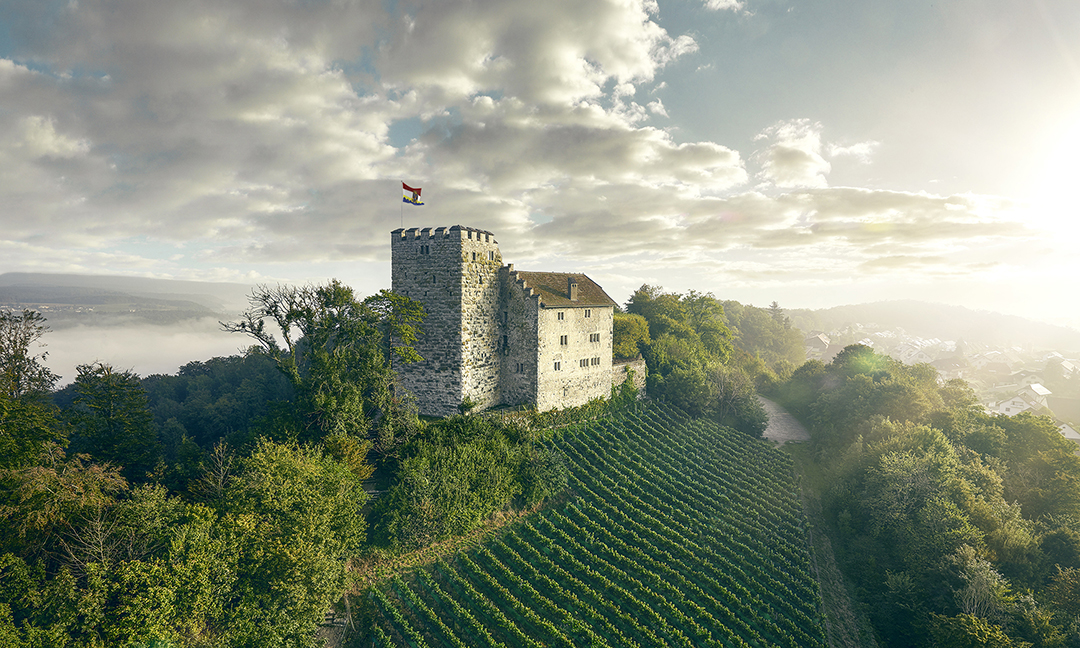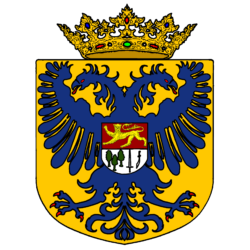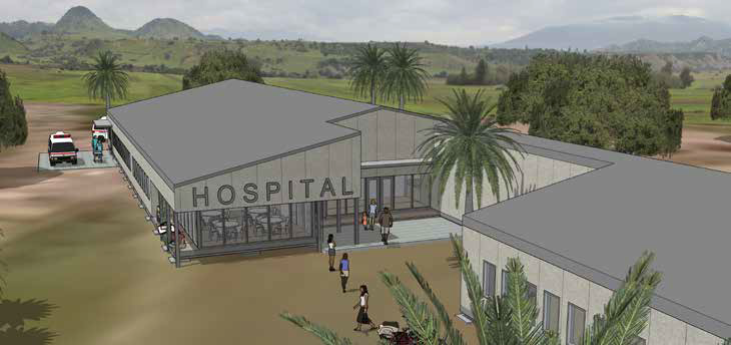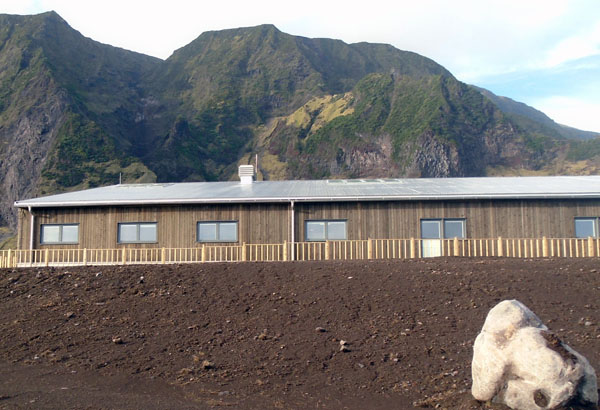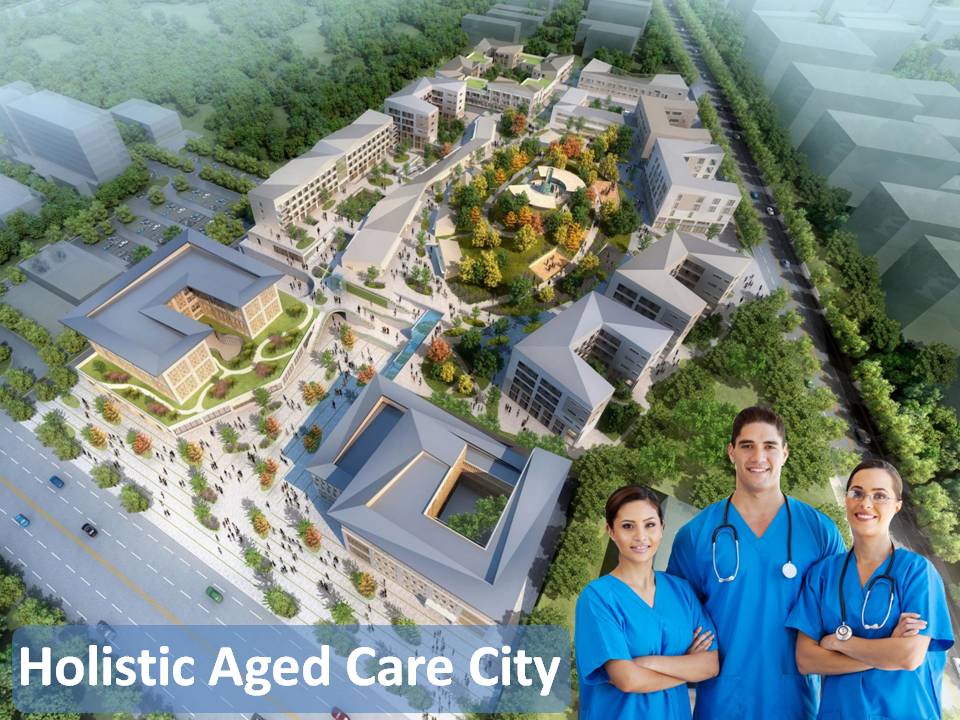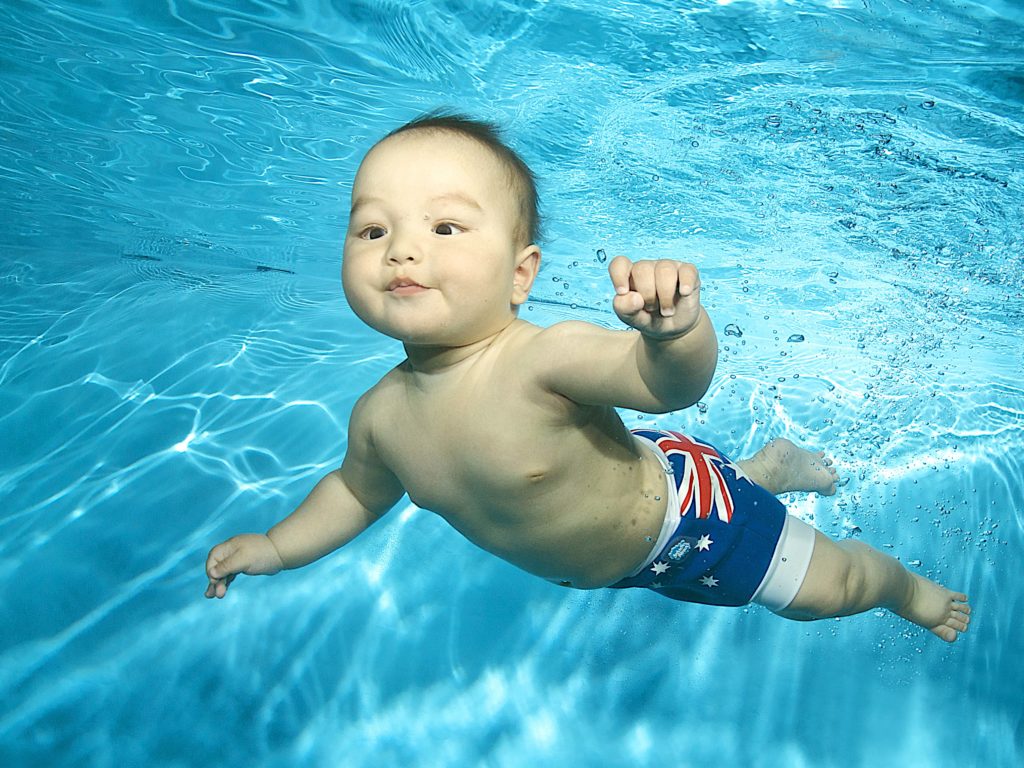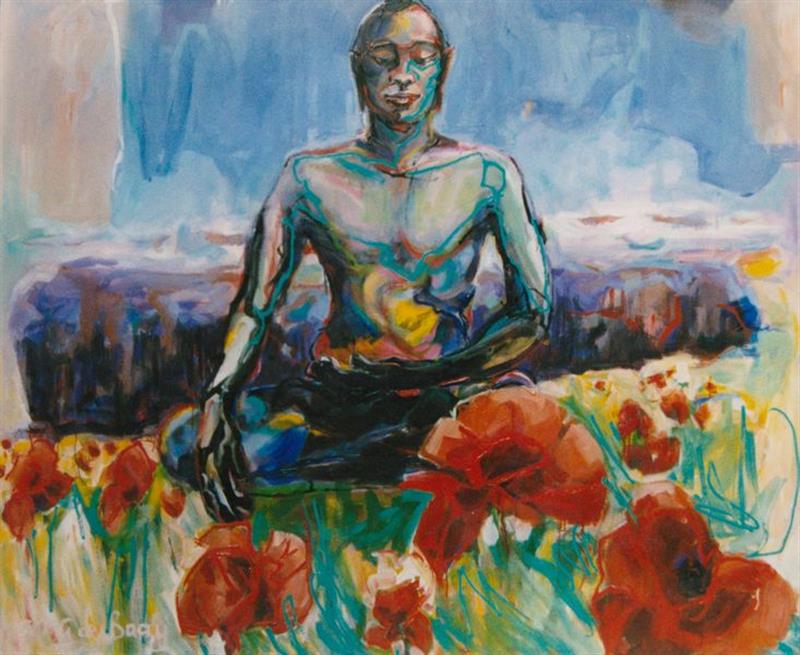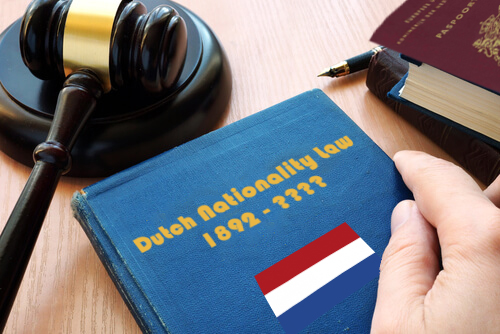With a heritage that largely shaped the world and especially Europe as it is today, the present day Habsburg family members have many opinions on what is a good, or not so good. Although the family largely and often agrees there are of course differences of opinion. Where in the past this was mostly decided upon by the head of the family we now live in modern times and sometimes have to agree to disagree. The importance is that we communicate and try to convince each other of our right. History has taught us that in that we also need to listen and be open to be convinced. We could in fact all be wrong.
We are a family like any other in the world. We all work for a living, well most of us anyway. We have our ups and downs, conflicts and resolutions. Ultimately everyone is blessed with the potential to love each other, and we do. As with all families, we share history and genes. We have seen that distance and separation does not stop this heritage and bond. Everyone in the world carries this bond within him or her. We encourage everyone to reach out to each other. The House of Habsburg recognises that humanity is one big family and as such we always need to overcome our cultural and linguistic differences.
Let’s have a look at where the world is today and how we would want to make it better. Although the reader has reached this page on the House of Habsburg family website, we do so much for humanity and it is not really about us, it is about all people on this planet (and those out there in space). Much of the below is therefore about you and everyone.
The future can be bright and yesterday’s science fiction is today’s reality.
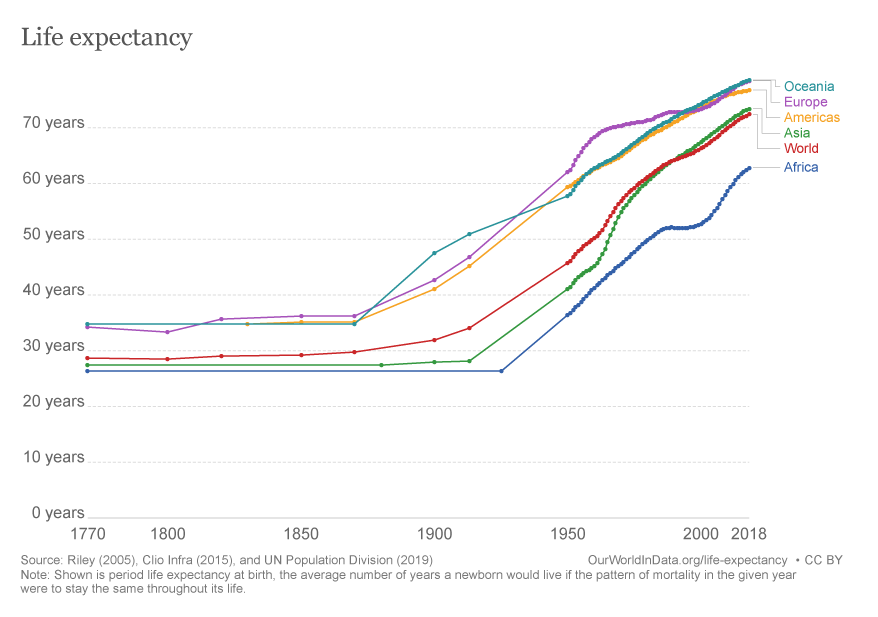
Think positive! We recognise that with the industrial revolution the world has seen a tremendous growth in living standards. The average life expectancy for the world has increased to about 72 years. And good news,… it is expected to continue to grow. Every day some nutcase in a basement or shed (scientist) invents something new that will make our lives better. Yes, even the technologies released by the military often have peaceful beneficial applications. With an increase in life expectancy we also see an increase in population. The jury is out on how interconnected the two are but we all can sense the connection.
Double Edged Sword
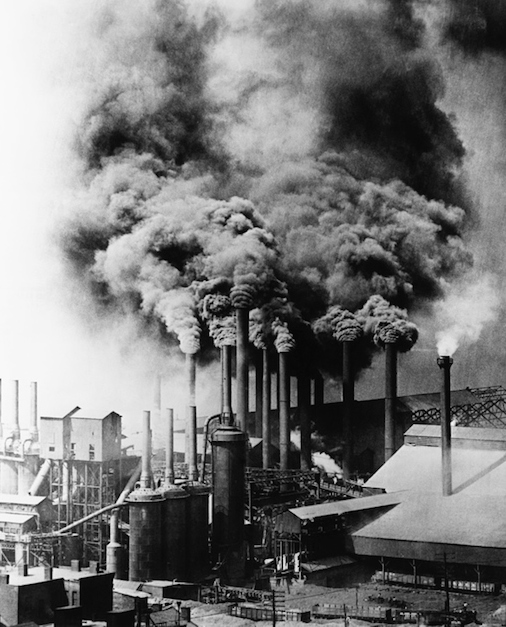
We have no records of how many centuries it took for humanity to master fire, pottery, metallurgy, agriculture, etc. In fact on some aspects we are still learning every day. And as such we are still learning how to optimise the industrial revolution that started in/around 1750 and really got going around 1850. Although we quickly learn how to optimise production and output, we often take much longer to realise the impact this has on us and our environment. At times we have been blinded by the obvious output and production benefits and ignored or didn’t realise the impact on ourselves and our natural environment. An indicator is for example the increased growth of cancers. Even though we also make huge progress with cures, this is an increasing worry.
The 1990 world population was estimated at 5.3 billion of which 50 million had cancer.
The 2017 world population was estimated at 7.5 billion of which 100 million had cancer.
That is a 42% increase in population with a 100% increase in cancers. The difference of 58% can’t fully be explained by better diagnosis and other such factors.
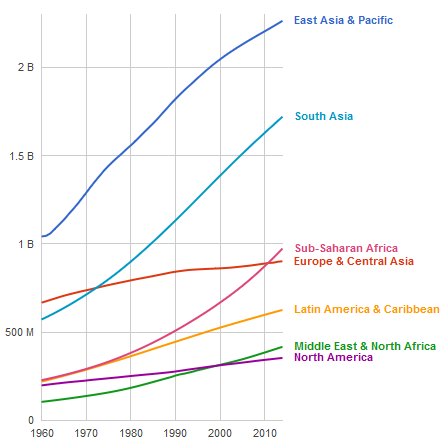
Scientists have for a long time been warning that we are poisoning ourselves in our drive for greater output and quality of life. And greater output is needed if we want to feed and cloth the world. With the increase of our well being and life expectancy, we have more people on this ever so much smaller planet. Especially the less well of countries, and those with less environmental regulations, are victims in this. But it doesn’t stop or stay there. The countries and regions which are better of also see an increase in health issues like cancer etc. It seems that our drive to improve our lives is a double-edged sword and we also need to recognise the negativities which quietly accompany the positives.
The Environment, Our Environment
Our natural world (the expression is implying that we also have an unnatural world!?) is under threat. Many will remember growing up hearing birds chirping and singing. They were as present in towns and cities as in the countryside. However, open your door and window and listen! Unfortunately, many species of birds are not just disappearing from cities and towns, but now also from the countryside. The extinction of the last dinosaurs! As we all know many other species are equally in trouble. For example, an important one to our wellbeing, are the bees. Over the last few years awareness of our environmental plight has improved tremendously and here we won’t go into it further, except to say that action is needed yesterday and for a long time to come. There are no quick fixes in restoring highly complex ecological balances and ecosystems. Note that in our thirst for knowledge and understanding the term ecosystem originated only in 1935. The House of Habsburg supports governments, businesses and communities which will consider, protect and repair our natural environment.
Green Energy
Although we realise that science is not fully there yet and that green energy production also comes with a footprint, we see this as the current best route to take. Doing nothing different is worse and detrimental to everything and everyone on the planet. The House of Habsburg therefore supports Solar Plants and panels for larger projects such as solar farms. Especially in the less well of countries there are lots of opportunities which are environmentally and commercially viable. We are equally supportive of further research and production in wind, tidal and other green energy as well als alternative fuels such as electric and hydrogen. Our network of companies and specialists in this area is growing and we invite you to reach out to us and a green and sustainable future.

Healthcare
Unfortunately, with a growth in population and increase in life expectancy many governments and organisations are struggling with keeping up, or even starting up. The world is still not equally divided. After centuries of colonial and industrial exploitation many countries and regions struggle to come to par with the rest of the world. And after decades of outsourcing industries the so called developed nations are economically struggling to maintain their standards of healthcare, let alone improve further. The danger is in lost knowledge and a stagnation in development of new medicine and practise. The House of Habsburg supports regions and governments with the building of clinics and hospitals, as well as the provision of the latest healthcare technologies. These technologies can reduce the economic impact of good healthcare (cost savings) and will benefit the healthcare of the well off and less well of nations equally. See the “Healthcare, building Hospitals and Technology” page.
Holistic Aged Care
Where population growth slows down slightly the percentages of elderly people increases. Countries like the Netherlands, Japan, Australia, China, the UK, and many others, have a growing population of elderly who require support, assistance or outright care. The Netherlands is leading in methodology and concepts to ensure viable and best practise care for the elderly. The House of Habsburg assists in the design and provision of holistic aged care facilities. See the “Aged care, healthy living and swimming” page.
Healthy Living and Swimming
With the affluence that comes with growing economies comes food in abundance. Life can be quite enjoyable but too much of anything isn’t always good. The House of Habsburg supports organisations and projects that help to reduce health inequalities. Through sports we like to see more people, more active, more often. We develop and sustain strong and effective partnerships with local, national and international organisations in pursuit of health through sport and leisure.
Swimming
Through swimming we combine basic survival skills with sports. The House of Habsburg supports specialist swimming consultants which offer strategic and consultancy services to swimming schools and authorities in the fields of swimming education, aquatic fitness & wellbeing. See the “Aged care, healthy living and swimming” page.
Economy and Business
The House of Habsburg has practical insights into the workings of the world’s economies. Being it international, regional or local. We support (regional) governments and (small) businesses with advise on best practices and strategic decisions. Although we understand the desire for personal gain we prefer to work with individuals, organisations (big or small), which not only think about their own gains but also about how their products or services supports the larger community.
Culture and The Arts
Throughout the ages the House of Habsburg has supported artists. Also today we support artists, museums, art galleries and cultural organisations and centres. We encourage the preservation of arts and culture, especially in conflict areas. Culture and cultural heritage goes to the heart of people’s identity and should be respected and maintained.
Politics, Division and War
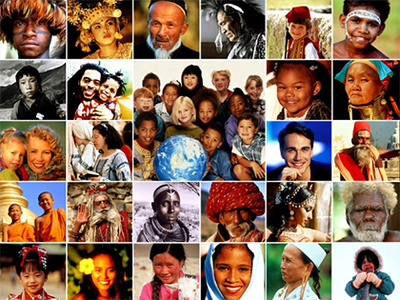
All people are created equal. The House of Habsburg supports the acceptance of Liberty, Equality, Diversity and Inclusion. Liberal democracies have evolved into what can be regarded as the most fair of communities where all, if not most, people are best of. Political differences into what is the best way forward for the country or region is often a matter of discussion and opposition. This is normal, we don’t all agree to everything. However, where the differences and opposition becomes so extreme as to cause frustration of the economy, civil unrest or even war, clearly solutions need to be found. The House of Habsburg has a network of distinguished individuals who can help mediate and resolve situations.
Dutch Nationality Law
One particular family member supports the challenge of the current Dutch nationality law. Although there has been some form of modernisation the principle of the law still stems from the 19th century. The current law has over time become so complex that some Dutch citizens which also have another nationality are confronted with automatic loss of their nationality, often unaware and unwilling. With in depth knowledge on the nationality law we advise non-profit organisations and interest groups as well as Dutch politicians. In addition individual citizens confronted with these undesirable situations are supported with advice and directions.
